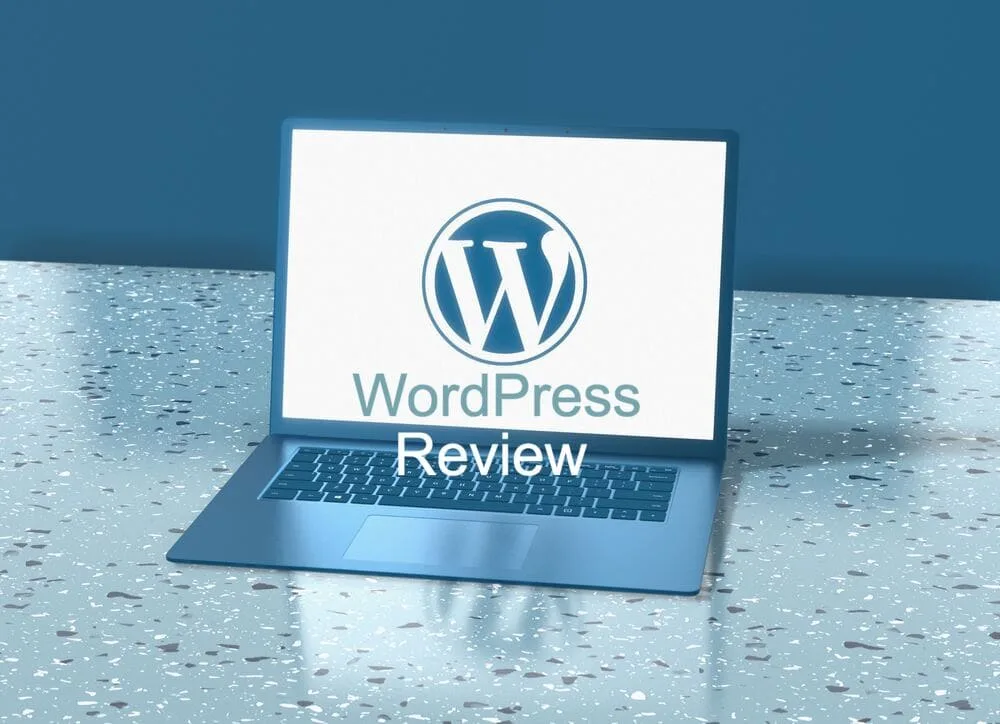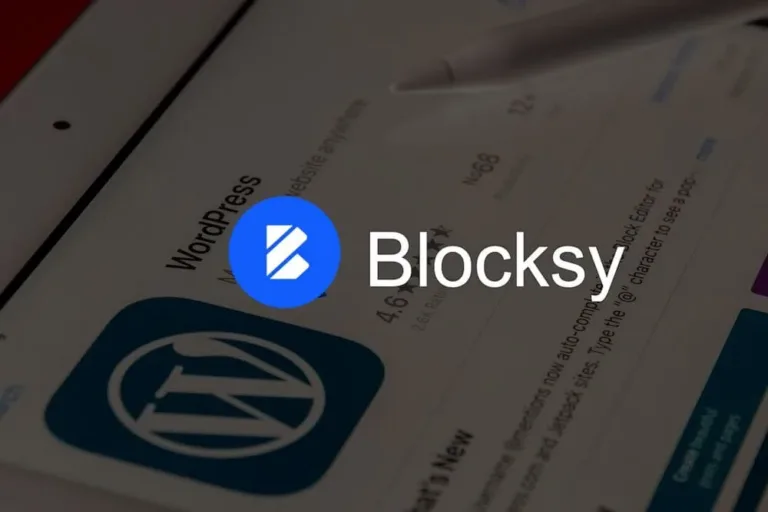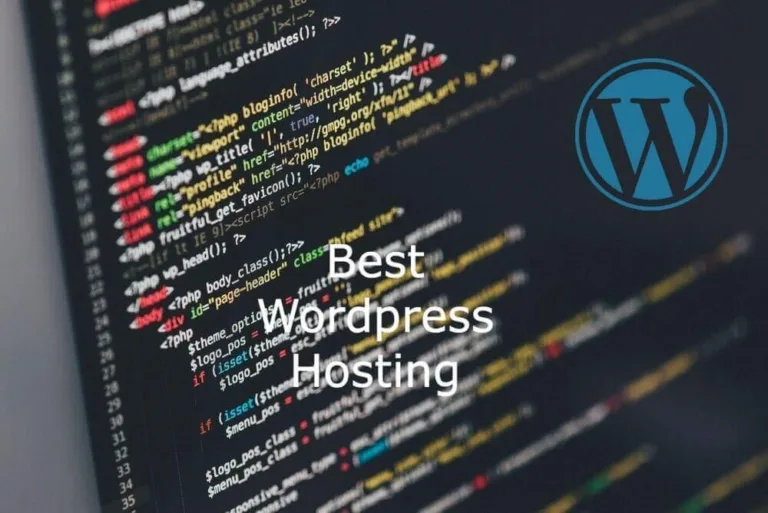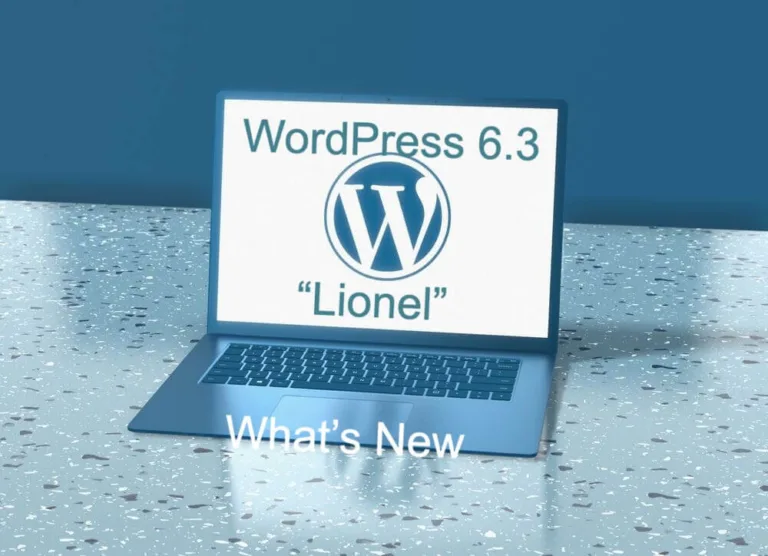I recently had the opportunity to try out WordPress, a popular website builder and platform used by millions of website owners worldwide. In this article, I will provide a detailed WordPress review, covering everything from getting started with WordPress to design and customization, content management and SEO, and ecommerce and business solutions. Whether you’re a blogger, small business owner, or entrepreneur, this WordPress review will help you decide if this platform is right for you.
Getting started with WordPress is relatively easy, even for beginners. With a wide range of themes and templates to choose from, you can quickly create a professional-looking website without any coding knowledge. However, if you want to customize your site further, you might need to learn some basic HTML and CSS. In this WordPress review, I will cover the different options available for design and customization, including free and premium themes, page builders, and plugins.
Overall, WordPress is a powerful platform that can help you create a beautiful and functional website in no time. Whether you’re looking to start a blog, create an online store, or build a business website, WordPress has everything you need to get started. In the following sections, I will go into more detail about the different features and options available in WordPress, so keep reading to learn more.
Key Takeaways
- WordPress is a powerful website builder and platform used by millions of website owners worldwide.
- Getting started with WordPress is easy, and there are many options available for design and customization.
- WordPress offers a wide range of features and options for content management, SEO, ecommerce, and business solutions.
Getting Started with WordPress
As someone who has been using WordPress for years, I can confidently say that it’s a great platform for building websites. In this section, I’ll provide an overview of WordPress.com vs WordPress.org, choosing the right hosting service, and domain name and WordPress installation.
Overview of WordPress.com vs WordPress.org
WordPress.com and WordPress.org are two different platforms that are often confused with each other. WordPress.com is a hosted platform that allows you to create a website without the need for any technical knowledge. WordPress.org, on the other hand, is a self-hosted platform that requires you to have your own hosting and domain name.
If you’re looking for a simple and easy-to-use platform, WordPress.com may be the right choice for you. However, if you want more control over your website and the ability to customize it to your liking, WordPress.org is the way to go.
Choosing the Right Hosting Service
When it comes to hosting, there are a lot of options available. However, not all hosting services are created equal. Some hosting services are better suited for WordPress than others.
For WordPress hosting, I recommend using a hosting service that specializes in WordPress. Some popular options include Bluehost, SiteGround, and WP Engine. These hosting services offer features specifically designed for WordPress, such as one-click installations, automatic updates, and optimized performance.
Domain Name and WordPress Installation
Before you can install WordPress, you’ll need to have a domain name and hosting service. Your domain name is the address that people will use to access your website. Your hosting service is where your website will be stored and served to visitors.
When it comes to choosing a domain name, it’s important to choose one that is easy to remember and relevant to your website. You can purchase a domain name from a domain registrar such as GoDaddy or Namecheap.
Once you have your domain name and hosting service, you can install WordPress. Most hosting services offer one-click installations, which makes the process quick and easy. After the installation is complete, you can start customizing your website and adding content.
In conclusion, getting started with WordPress is easy and straightforward. By following these steps, you can have your own website up and running in no time.
Design and Customization
As a WordPress user, I find that one of the most appealing aspects of the platform is the ability to customize the design of my website. With a vast array of themes, templates, and plugins available, it’s easy to create a website that looks and functions exactly how I want it to. In this section, I’ll explore some of the ways that you can design and customize your WordPress site.
Exploring Themes and Templates
One of the first things you’ll want to do when setting up your WordPress site is to choose a theme. Themes are pre-designed templates that determine the look and feel of your site. There are thousands of free and paid themes available, so you’re sure to find one that suits your needs. Some popular themes include Divi, Astra, and OceanWP.
Once you’ve chosen a theme, you can customize it further by using templates. Templates are pre-built page layouts that you can use to create pages on your site. By using templates, you can ensure that your pages have a consistent look and feel. Many themes come with pre-built templates, but you can also create your own using a page builder.
Customizing with Plugins and Widgets
Plugins and widgets are another way to customize your WordPress site. Plugins are small pieces of software that add new features and functionality to your site. There are thousands of plugins available, including ones for social media integration, SEO optimization, and e-commerce functionality.
Widgets are small modules that you can add to your site’s sidebar, footer, or other areas. They can be used to display information such as recent posts, a search bar, or a list of categories. Like plugins, there are thousands of widgets available, so you’re sure to find ones that suit your needs.
Enhancing Functionality with Page Builders
Page builders are another tool that you can use to customize your WordPress site. They allow you to create custom page layouts using a drag-and-drop interface. Some popular page builders include Elementor, Beaver Builder, and Divi.
By using a page builder, you can create complex page layouts without needing to know any coding. This makes it easy to create landing pages, sales pages, and other types of pages that require a specific layout. Many page builders also come with pre-built templates that you can use as a starting point.
In conclusion, WordPress offers a vast array of tools and options for designing and customizing your website. By exploring themes, templates, plugins, widgets, and page builders, you can create a site that looks and functions exactly how you want it to.
Content Management and SEO
As a content management system, WordPress offers a wide range of features that make it easy to organize and publish content. In this section, I will discuss how to use the WordPress editor, organize content with categories and tags, and optimize content for search engines.
Using the WordPress Editor
The WordPress editor is a powerful tool that allows you to create and edit content with ease. It offers a range of formatting options, including bold, italic, and underline, as well as the ability to add images, videos, and other media.
One of the key benefits of the WordPress editor is its simplicity. Even if you have no experience with coding or web design, you can use the editor to create professional-looking content that is easy to read and understand.
Organizing Content with Categories and Tags
Categories and tags are two important features of WordPress that allow you to organize your content effectively. Categories are broad groupings of content, while tags are more specific. By using categories and tags, you can make it easy for readers to find the content they are interested in.
When creating categories and tags, it is important to choose names that accurately reflect the content they represent. This will make it easier for readers to navigate your site and find the content they are looking for.
Optimizing for Search Engines
WordPress offers a range of SEO tools that can help you optimize your content for search engines. These tools include options for adding meta descriptions, optimizing images, and creating sitemaps.
To optimize your content for search engines, it is important to focus on creating high-quality content that is relevant to your readers. This will help you attract more traffic to your site and improve your search engine rankings.
Overall, WordPress is a powerful content management system that offers a range of features for organizing, publishing, and optimizing content. By using the WordPress editor, categories and tags, and SEO tools, you can create content that is both engaging and easy to find.
Ecommerce and Business Solutions
As a business owner, having an online presence is crucial. WordPress offers a variety of ecommerce and business solutions to help you set up and manage your online store.
Setting Up an Online Store with WooCommerce
WooCommerce is a popular ecommerce plugin for WordPress that allows you to easily create an online store. It offers a wide range of features such as product management, shipping options, and tax settings. With WooCommerce, you can customize your online store to fit your business needs and branding.
Integrating Payment Systems
Integrating payment systems is essential for any online store. WooCommerce supports a variety of payment gateways such as PayPal, Stripe, and Square. You can also add custom payment options to your online store using WooCommerce extensions.
Leveraging Marketing Tools
Marketing is key to growing your online business. With WordPress, you have access to a variety of marketing tools such as email marketing, social media integration, and search engine optimization (SEO). You can use plugins such as Yoast SEO to optimize your online store for search engines, and tools like Mailchimp to create and manage email campaigns.
In conclusion, WordPress offers a wide range of ecommerce and business solutions to help you set up and manage your online store. With WooCommerce, payment system integrations, and marketing tools, you can create a professional and successful online business website.
Frequently Asked Questions
As a popular content management system, WordPress offers several advantages such as flexibility, ease of use, and a large community of developers. However, it also has some drawbacks, including security concerns, plugin compatibility issues, and the need for regular updates.
While there are several alternatives to WordPress, such as Wix, Squarespace, and Shopify, WordPress remains the most popular choice for website creation. Its flexibility, open-source nature, and large community of developers give it an edge over its competitors.
Yes, WordPress is a reliable platform for professional and business websites. It offers several features such as customizability, scalability, and search engine optimization that make it a popular choice for businesses of all sizes.
Yes, WordPress is still a popular choice for blog and website creation. Its user-friendly interface, large plugin library, and customizability make it an attractive option for bloggers and website owners alike.
While WordPress itself is free to use, there are some costs associated with using it. These include hosting fees, domain registration, premium themes and plugins, and developer fees for customizations. However, these costs are optional, and WordPress can be used for free with basic features.
Recent reviews of WordPress as a content management system have been positive. Its ease of use, customizability, and large community of developers make it a top choice for managing website content. However, some reviewers have noted concerns about security and plugin compatibility issues.
In conclusion, WordPress remains a popular choice for website creation and content management, offering several advantages and some drawbacks. Its flexibility, ease of use, and large community of developers make it an attractive option for businesses and bloggers alike.




